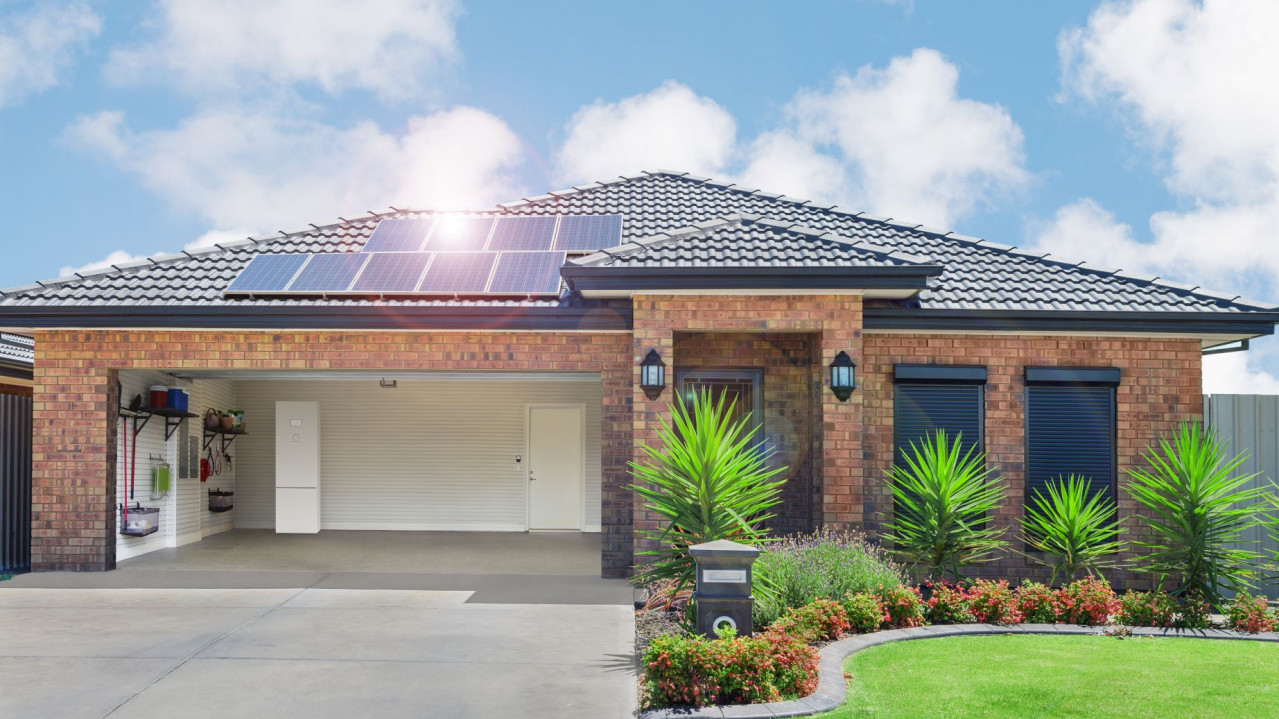
4 Key Applications of Energy Storage
When it comes to home electricity, reliability is crucial. Read 4 key applications of residential energy storage - from backup power to energy automation.
Resiliency, now more than ever, is top of mind for homeowners. The last article I released addressed key reasons why to incorporate energy storage. Now, let‘s talk about what the applications are:
#1 Back-up Power:
Whether your homeowner has solar or not, energy storage can provide power to essential loads in the event of a planned or unplanned grid outage. Many homeowners are unaware that if the grid goes down, their solar system will not work, as per code compliance. Energy storage can allow a grid reference for the inverter in the solar system to remain operational, allowing for perpetual backup. Keep the power on, and protect your homeowners' assets, while also protecting their lifestyle.
#2 Solar Energy Management:
Why is your homeowner interested in solar energy? Is it for clean and healthy living? Is it for a lower electric bill? Energy Storage can allow your homeowners to better utilize their solar energy in the day and night. By solar shifting, your homeowners can take that clean solar energy produced during the day, and use it during the night or when they need it most. When systems are properly sized with regards to the capacity of the energy storage system, your homeowners may even be able to achieve grid autonomy.
#3 Energy Automation:
This is an exciting, growing application for energy storage. With intelligent systems, that can integrate with home automation systems, the home can automatically be prepared for a grid event or outage. For example, if there is a storm on the way, the energy storage system can charge up to 100%, the thermostat can lower to pre-cool the home, the automated shades can lower to assist with the ambient temperature, etc. Furthermore, with the addition of controllable breakers, your homeowners can be put in the driver seat to control at a the breaker level, the devices they want during an outage. For instance, if only the essential loads in my home were connected to the energy storage system, I would be limited to only powering those devices when the grid is down. However, with intelligent energy storage, I could flip on my hot water heater for 30 minutes and take a shower during the outage. Working with an energy automation integrator is the best way to learn what's right for your client's home.
#4 Smart Grid of the Future:
Energy storage enables a decentralized, decarbonized, and digitalized grid of the future. Clusters of these systems located within close proximity can provide controllable energy generation and consumption for utilities, increasing the flexibility of the existing grid. Check out these groundbreaking projects from innovative builders that have begun creating the future today: Mandalay Homes, Soleil Lofts, Pearl Homes, and Wildwood of Marengo to name a few!







